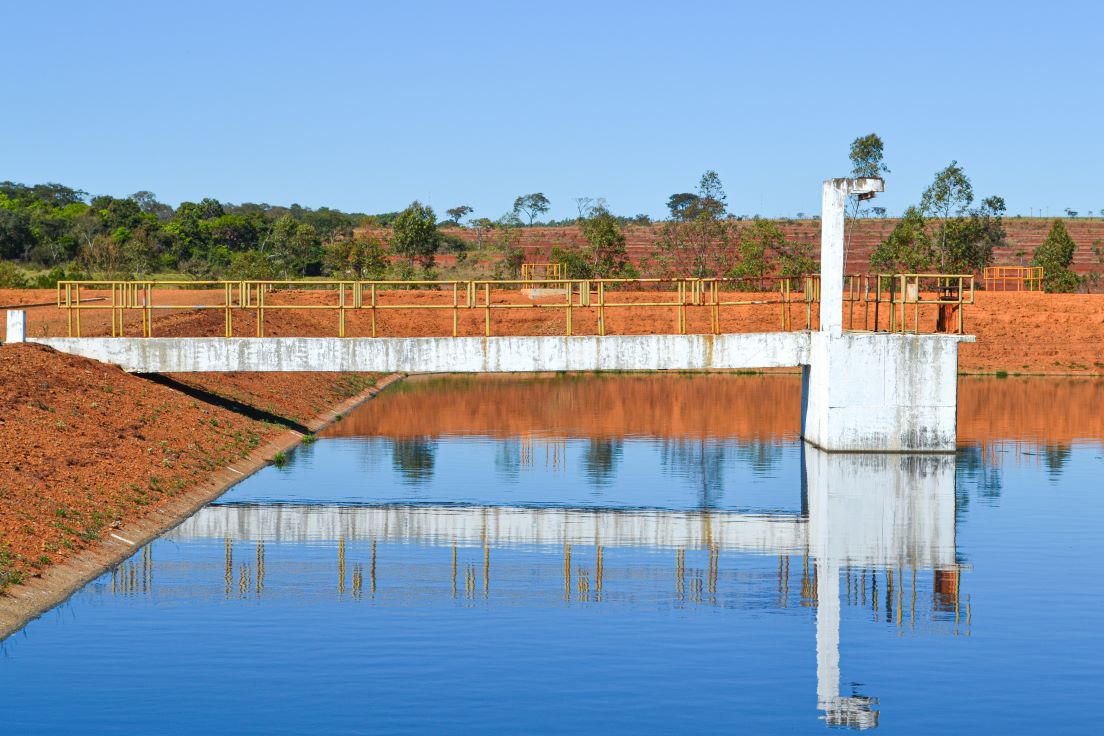Challenge
The South Central Counties Solid Waste Agency, located in Hopewell, Pennsylvania needed a cost effective, on-site treatment system to treat 12,500 gpd of leachate and allow for future expansion.
Solution
An extensive treatability study was conducted that included initial wastewater characterization, biological screening shake flask tests and a six month flow-through bench scale laboratory study that simulated the process kinetics for the proposed full-scale system.
The Pennsylvania Department of Environmental Resources requires 30 days of both pre-treatment and post-treatment storage of leachate to ensure leachate capture and treatment. The pre-storage tanks are managed at approximately 25 percent capacity to allow for hydraulic flow equalization.
The equalized leachate is then sent to a physical/chemical precipitation unit to precipitate heavy metals before biological treatment. A clarifier is also included for gravity separation of metal hydroxide precipitate. Next the pH is lowered and the leachate is then heated in the heat exchanger before entering the anaerobic reactor.
The anaerobic biotower is used as the first biological treatment step to biodegrade and reduce organics level by at least 90 percent. The effluent then enters the aerobic biotower which uses aerobic bacteria cultures to biodegrade remaining organic contaminants. The excess biosolids exit the biotowers and are then flocculated with cationic polymer for easy gravity liquid-solid separation. This post-clarification step ensures segregation of the biomass solids from the treated leachate and helps maintain low total suspended solids (TSS) and BOD concentrations in the effluent.

Results
- Reduced BOD levels by 95 percent or better
- Reduced ammonia levels by 93 percent or better
- Based on a total of 4,375,000 gallons of leachate, operating costs of the treatment facility were calculated at $.035 per gallon of treated leachate which is substantially less than the costs of hauling the leachate away for treatment
